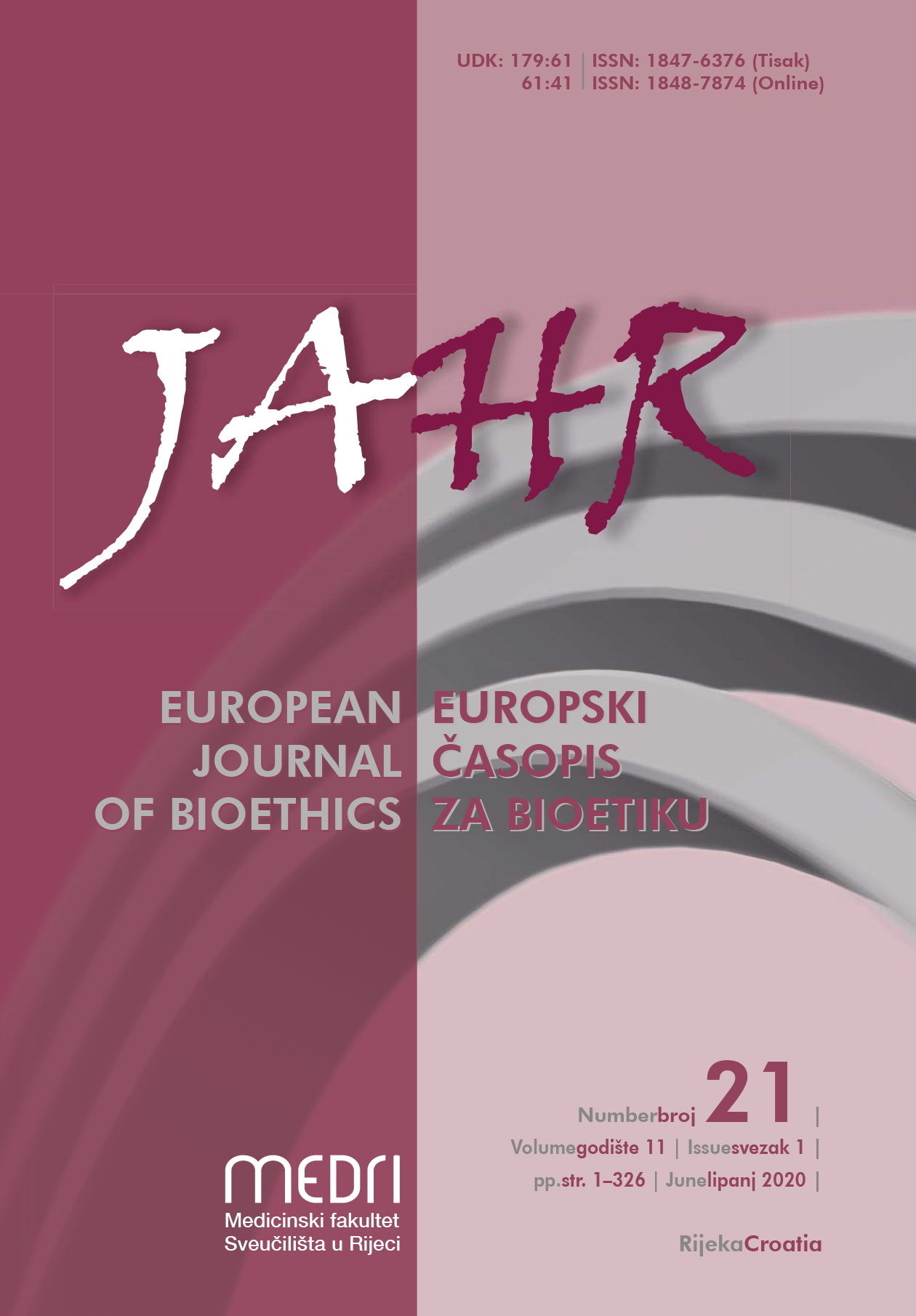Politics of Birth Places
Examining the Professionalization and Moralization of Birth Place Choices
Keywords:
homebirth, moralization, freedomAbstract
https://doi.org/10.21860/j.11.1.3
This work examines the ethical aspects of restricting homebirth. It focuses on how restricting homebirth can breach the principle of autonomy because pregnant citizens not only risk losing control over the medical decisions facing them, but also autonomy over their actions and control over their bodies. Using Berlin’s discussion on freedom, this work discusses the rather hidden oppressive nature of birth restrictions that appears when it is framed as helping pregnant individuals choose a moral option as per the advice of medical authorities at the expense of seeing an institutional failure to provide informed choice or options for birthing places for their so-called “best interest”. Three main arguments are offered why restricting homebirth can potentially violate autonomy: (1) imposing the authority to decide on the maternal body issues; (2) imposing standards on motherhood and pregnancy; and (3) imposing how to ascribe value to risk. These arguments highlight how the state and medical institutions have established authorities in the birthing process to justify restricting homebirth. When the state and medical institutions are framed as the moral authority for birth places, contrasting preferences of pregnant individuals are bound to be judged with guilt-ridden sentiments, shame and other value-laden labels related to one’s choice rather than be seen as a reflection of the quality of institutional support. Homebirth restriction reflects that a pregnant person’s decision of birthplace is not isolated from the availability of one’s choice. Indeed, there is an ethical interest in restricting homebirth, as this could be benevolent at best and discriminatory at worst.
Downloads
Published
Issue
Section
License
Authors who publish with this journal agree to the following terms:
- Authors retain copyright and grant the journal right of first publication with the work simultaneously licensed under a Creative Commons Attribution License that allows others to share the work with an acknowledgement of the work's authorship and initial publication in this journal.
- Authors are able to enter into separate, additional contractual arrangements for the non-exclusive distribution of the journal's published version of the work (e.g., post it to an institutional repository or publish it in a book), with an acknowledgement of its initial publication in this journal.
- Authors are permitted and encouraged to post their work online (e.g., in institutional repositories or on their website) prior to and during the submission process, as it can lead to productive exchanges, as well as earlier and greater citation of published work (See The Effect of Open Access).



